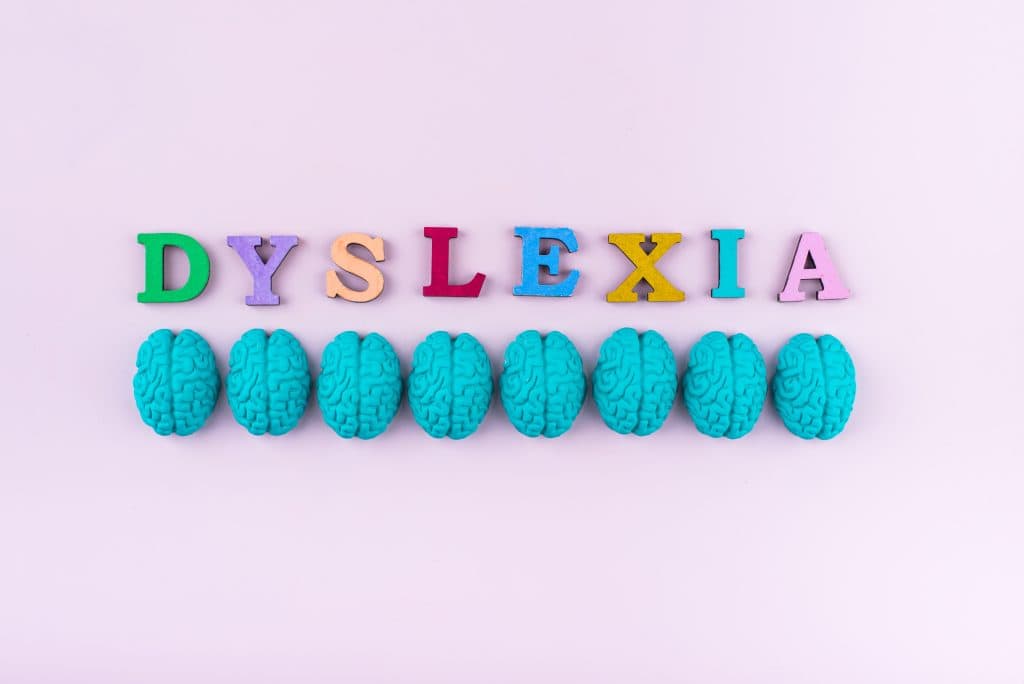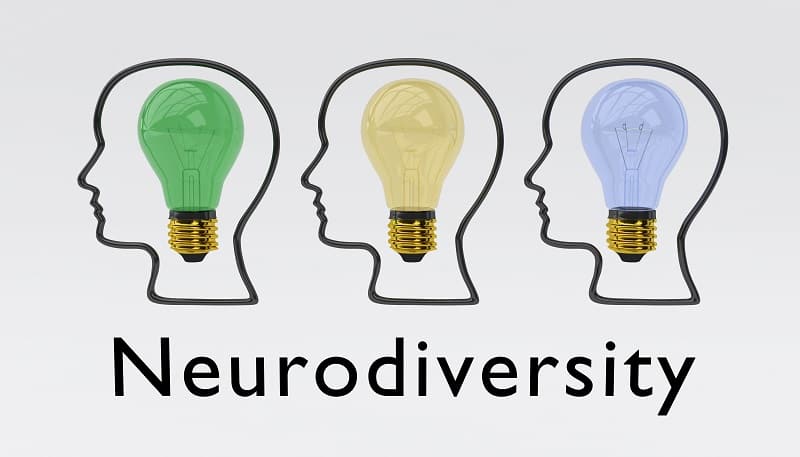theteam@theeducationhub.org.nz
Postal Address
The Education Hub
110 Carlton Gore Road,
Newmarket,
Auckland 1023
Dyslexia is a form of neurodiversity that can lead to difficulty in decoding the written word.

14 April 2026, 7.30pm
This webinar with Associate Professor Rebecca Gordon from University College London will explore the possible causes of dyslexia and the common difficulties many people with the condition experience, and offer practical insights for teachers and school leaders supporting learners of all ages.

Dr Emily McDougal (Anna Freud Centre) shares insights from her work into supporting neurodivergent students in schools and classrooms.

Exploring the challenges that neurodiverse students face in schools and as they move on to tertiary education, as well as how teachers and schools can help to ameliorate these challenges

Insights from the webinar with Emily McDougal on supporting neurodivergent students in schools and classrooms.

Dr Chiara Horlin offeres practical ways that teachers and schools can help to ameliorate these challenges and support neurodivergent students to celebrate and use their strengths in the classroom.